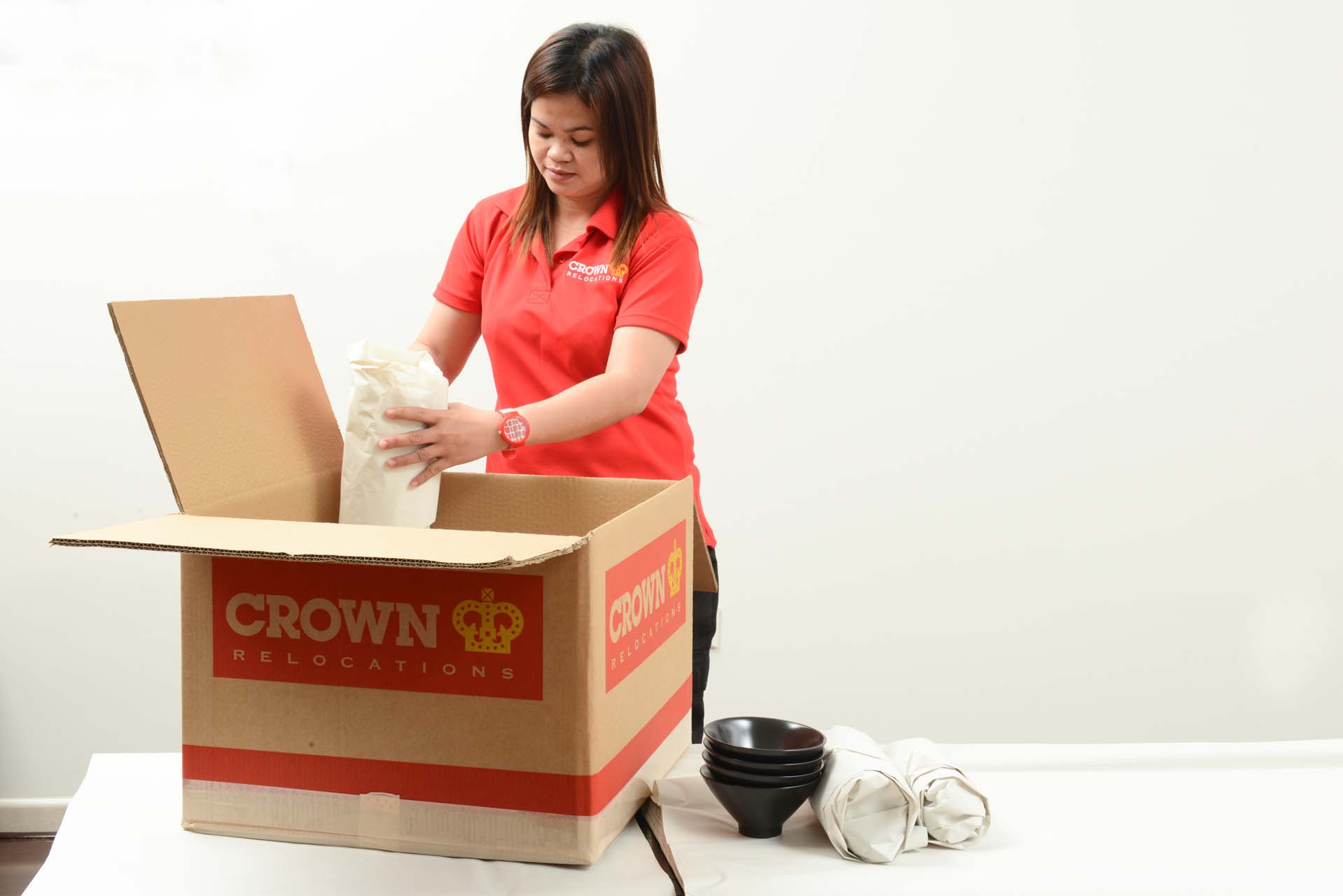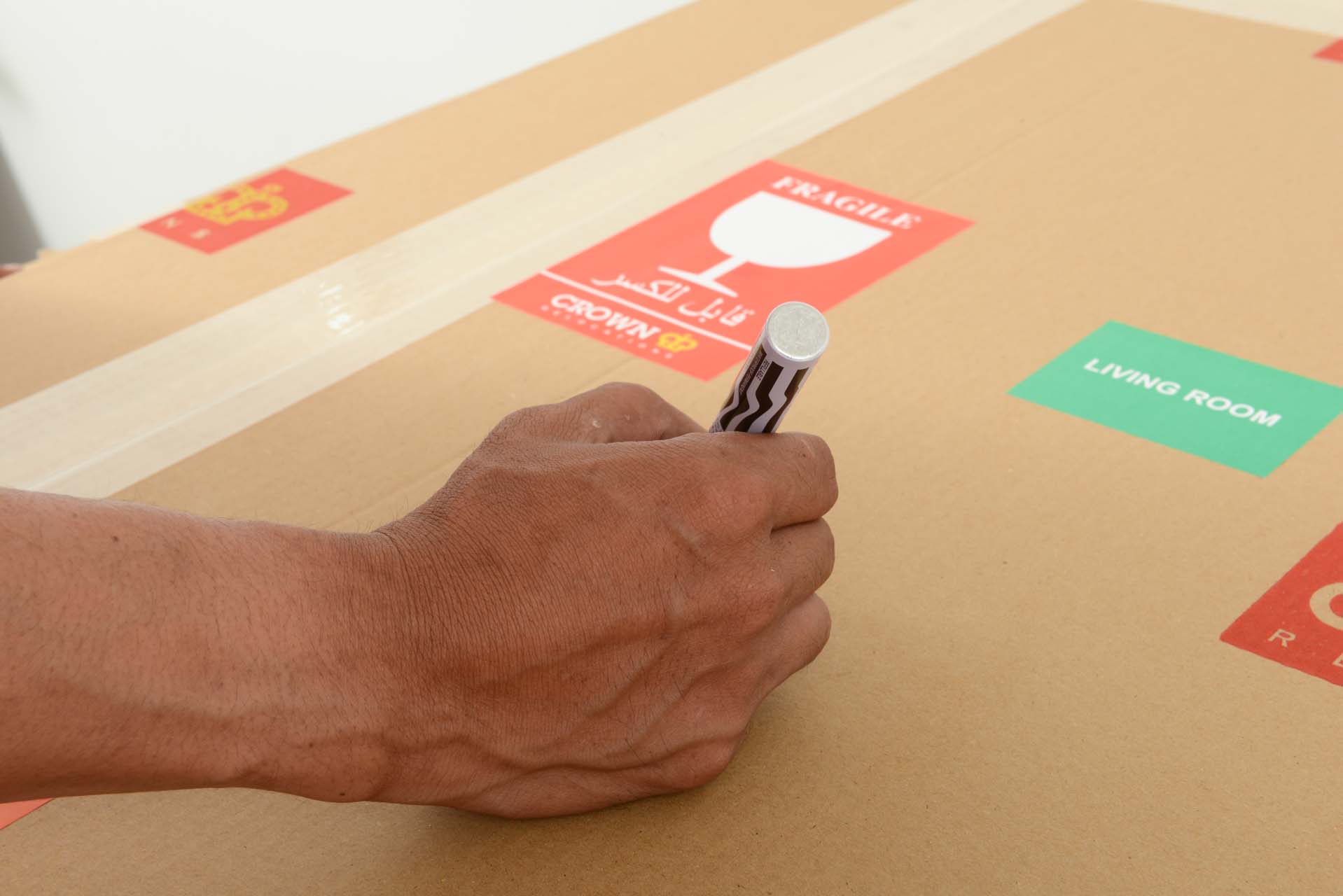Household goods shipments refer to the transportation of personal belongings, furniture, appliances, and other household items from one location to another. This type of shipment is commonly associated with residential moves, whether it's a local, long-distance, or international relocation.
When it comes to household goods shipments, there are a few key points to consider:
1. Packing and Preparation:
Proper packing is crucial to ensure the safety of your household goods during transit. You can choose to pack your belongings yourself or hire professional packers to handle the task. Proper packing materials, such as sturdy boxes, bubble wrap, packing paper, and tape, should be used to protect fragile items.
Labelling each box with its contents and the room it belongs to can make the unpacking process easier. Crown for example, has its own colour label system. Which facilitates packing and unpacking at destination. With this system the crew members will already know in which room they need to leave the boxes.
2. Transportation Options: Depending on the distance and destination of your move, there are various transportation options available for household goods shipments. These may include:
- Local Moves: If you're moving within the same city or nearby, a moving truck or van may be sufficient for transporting your household goods.
- Long-Distance Moves: For longer moves, such as across states or countries, you may need to consider options like hiring a moving company that specializes in long-distance moves or utilizing shipping containers.
- International Moves: When moving internationally, shipping your household goods by sea or air freight may be necessary. In such cases, you'll need to work with a freight forwarder or international moving company to handle the logistics.



3. Insurance Coverage:
It's important to consider insurance coverage for your household goods during the shipment. Most moving companies offer basic liability coverage, but it may not fully cover the value of your belongings. Consider obtaining additional insurance coverage to protect against loss or damage during transit.
In Crown we know that we are moving more than your belongings, it is your life, memories and precious articles. Because of that we offer our own transit protection plan to our customers: Crown Care. An insurance policy with worldwide coverage design and administrated by our own company.
4. Customs Regulations (for international moves):
If you're moving across international borders, you'll need to comply with customs regulations. This includes providing necessary documentation, declaring valuables, and adhering to any specific rules or restrictions of the destination country.
5. Storage Options
In some cases, you may need to store your household goods temporarily before or after the move. Many moving companies offer storage facilities where you can securely store your belongings until you're ready for delivery.
When planning a household goods shipment, it's advisable to consult with professional moving companies or freight forwarders who specialize in residential moves. They can provide guidance, handle logistics, and ensure a smooth and efficient transition for your household goods.